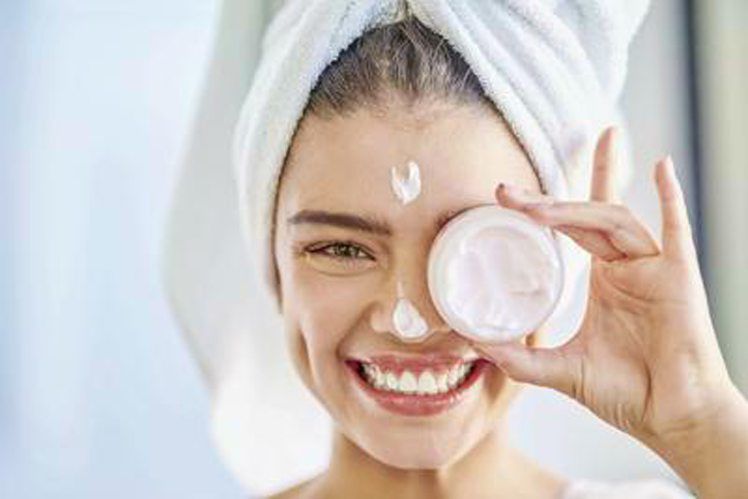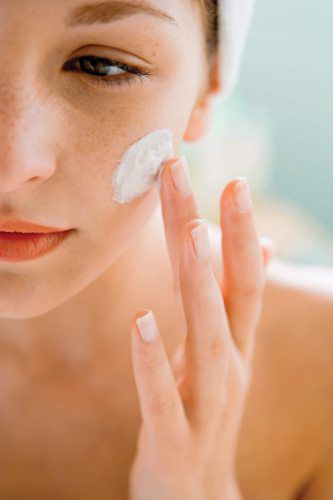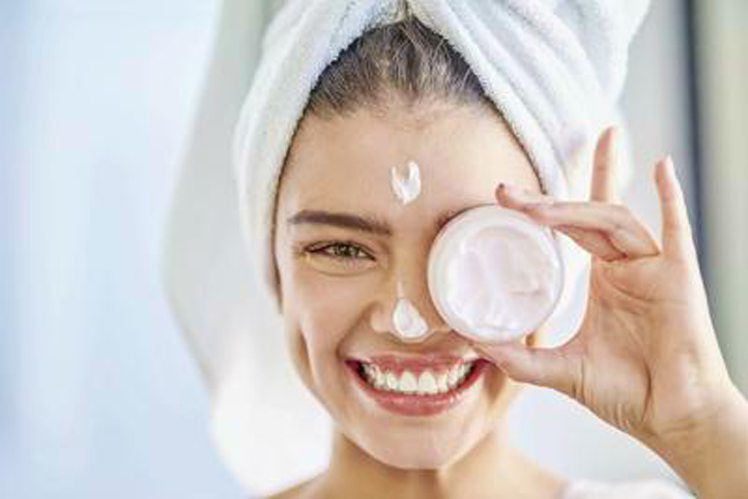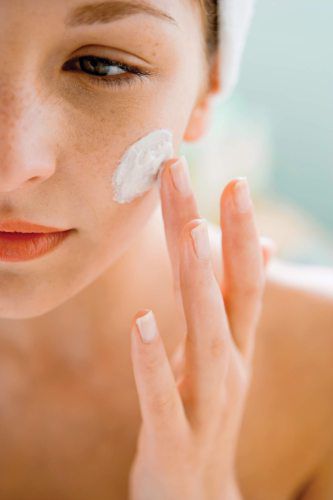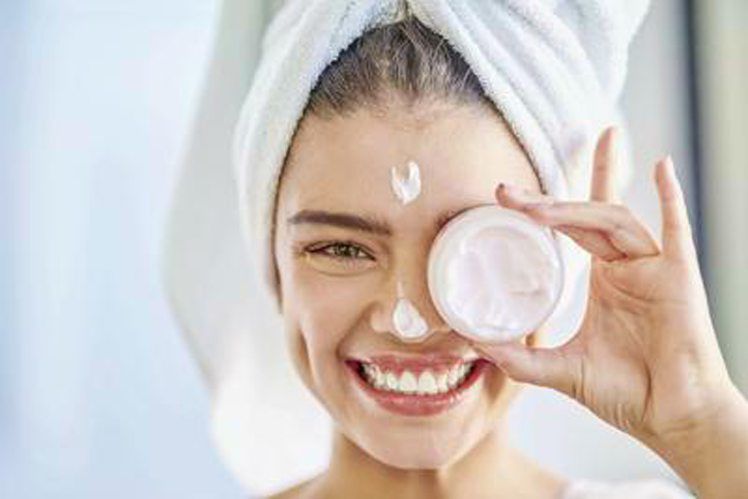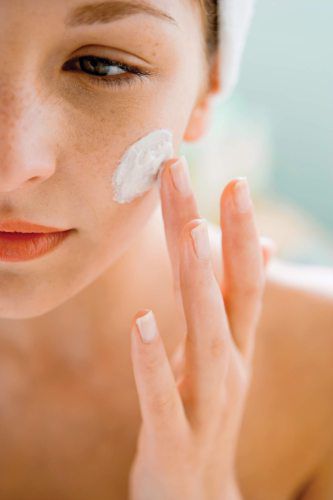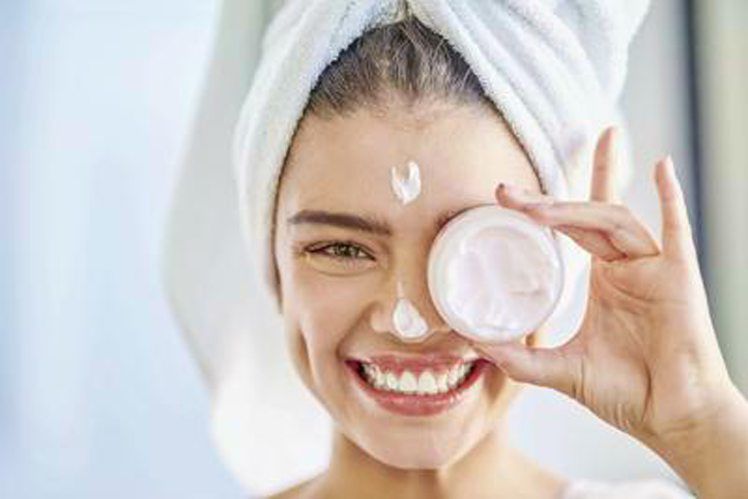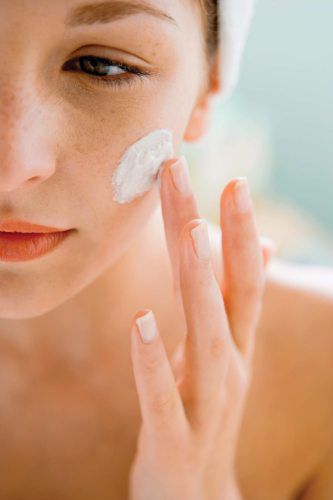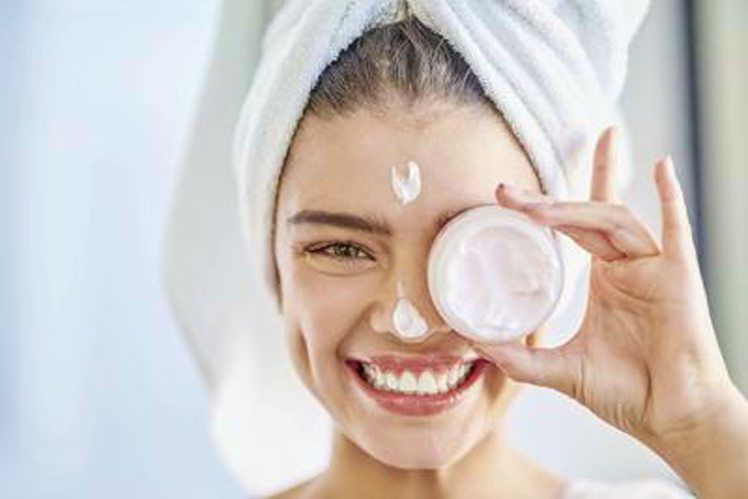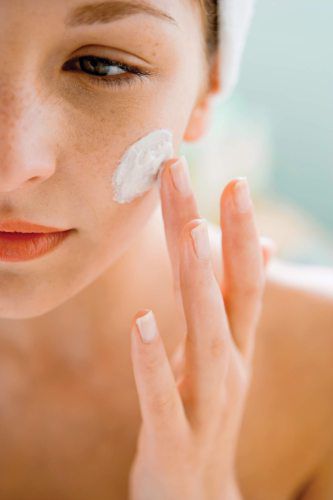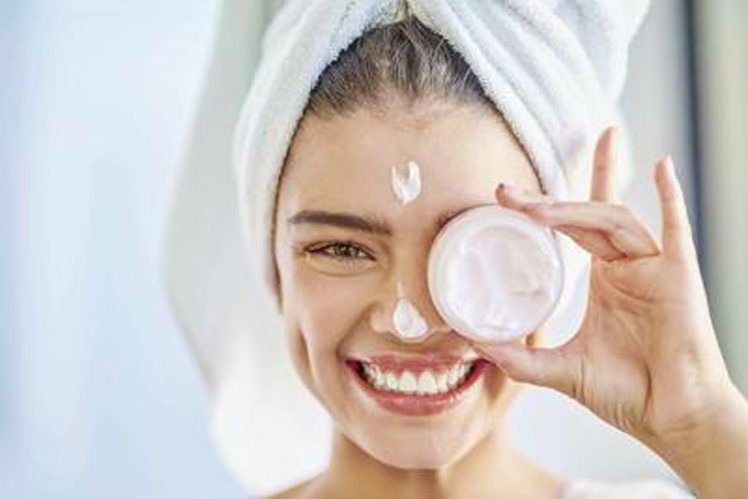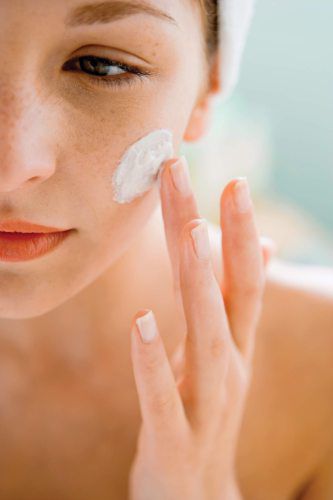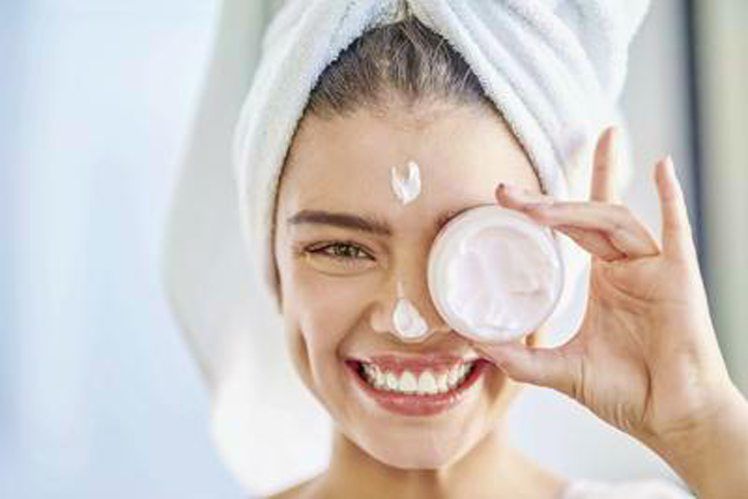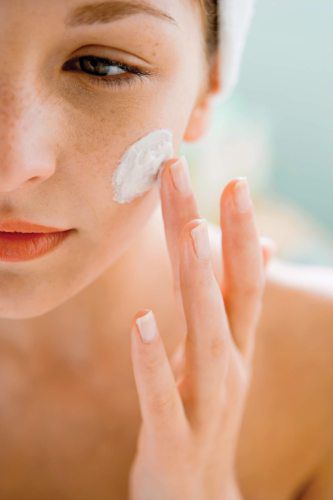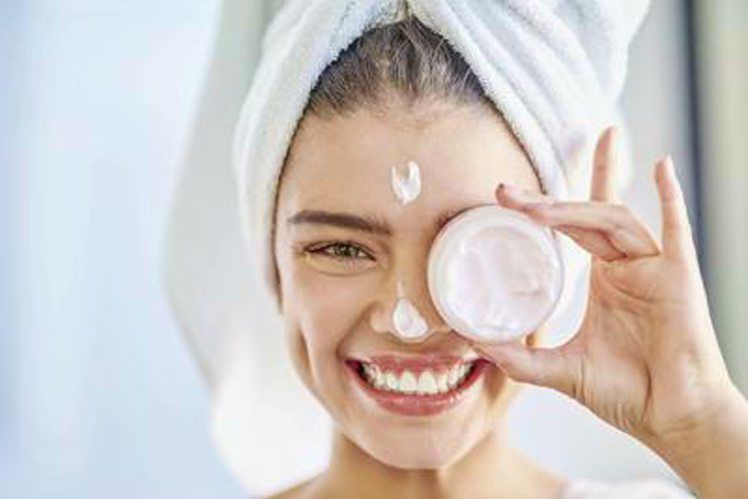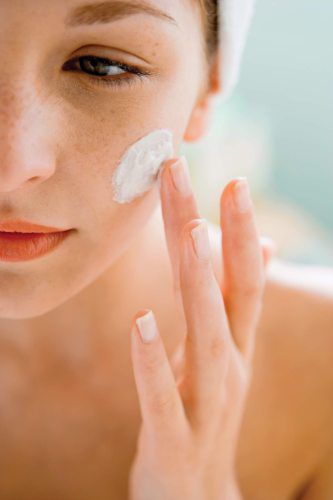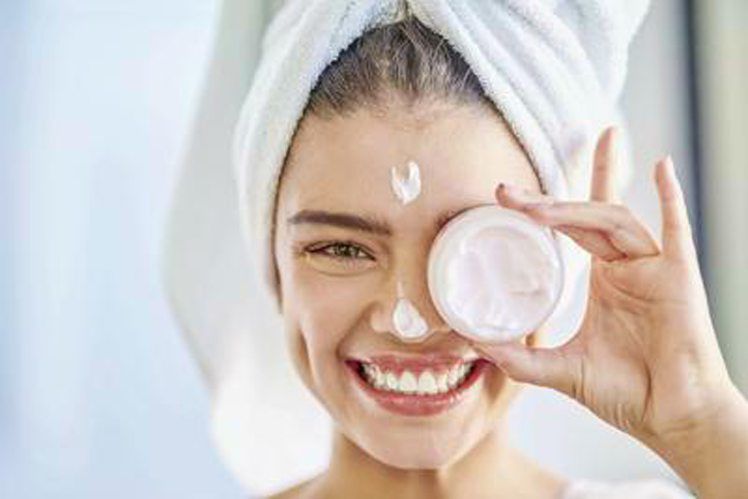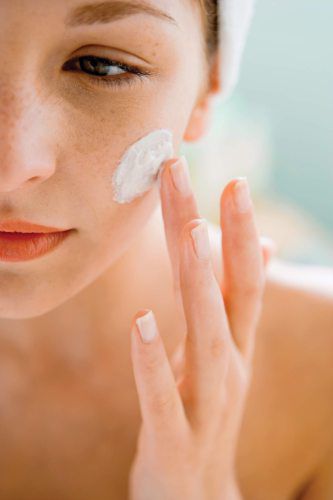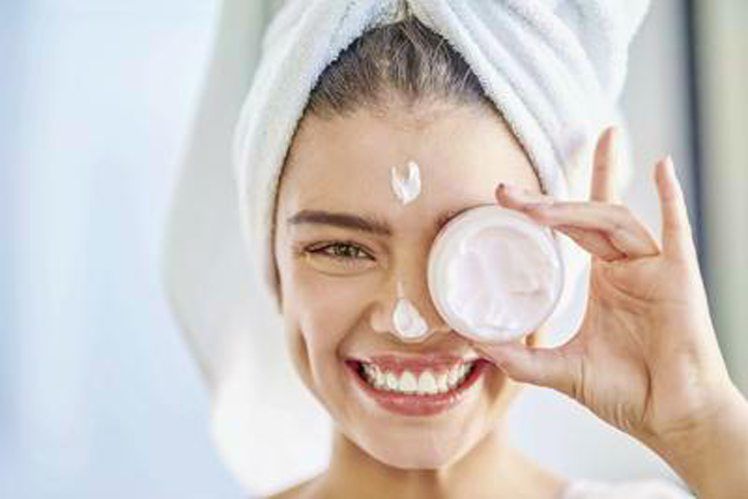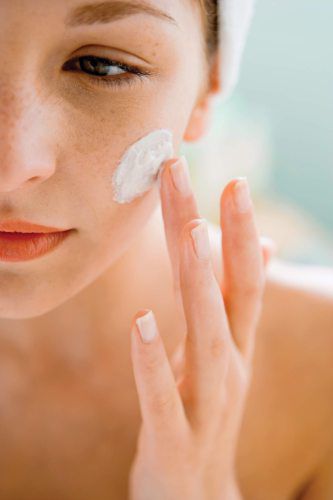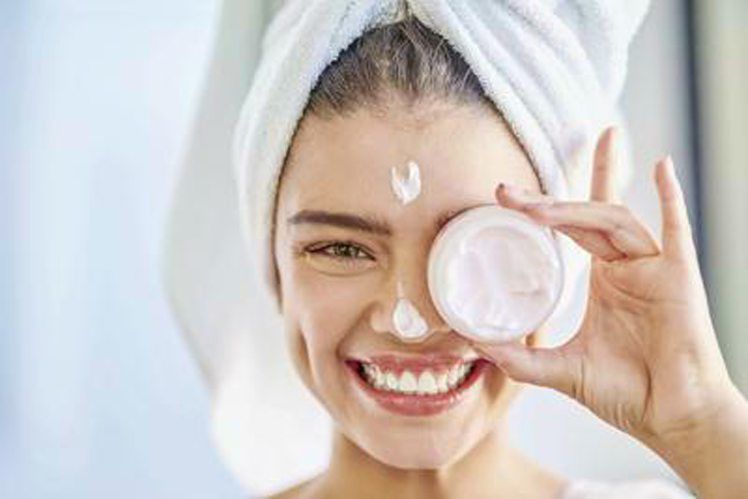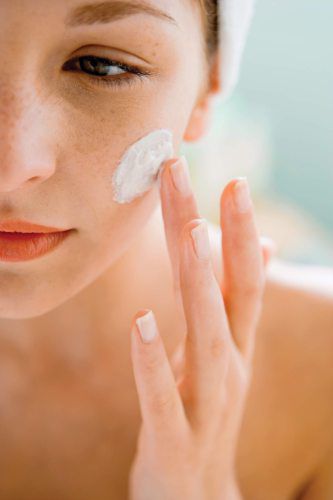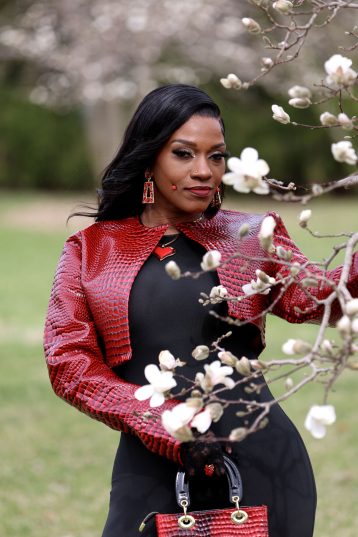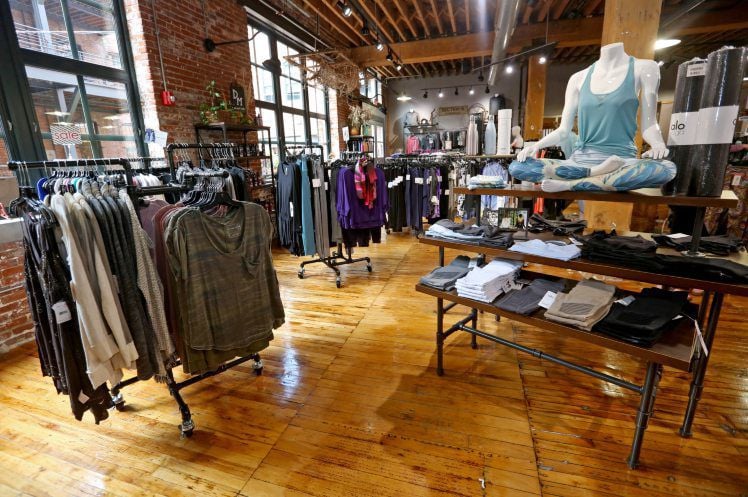Searching the skincare aisles in any store can be overwhelming, to say the least.
From cleansers and moisturizers to serums and oils, toners and spot treatments, there are so many options.
But what does your skin really need?
Sarah Blindert, a skincare specialist and owner of Shivelight Massage and Skincare, said that what you should put on your skin all depends on what your goal for your skin is and what kind of skin you have.
“The biggest categories are acne and anti-aging; those are the complaints I hear the most,” Blindert said. “Sometimes you need more of an aggressive treatment to get the results you are looking for. I always tell people the best thing is to stick to your professional skincare lines so you know what you’re getting and putting on your skin because it’s tested.”
One size doesn’t fit all
No one has the same skin type, which means what works for someone else might not work for you.
Some might need to use a deep pore cleansing mask, but if you’re dealing with dry and sensitive skin, you might want to opt out, and go for something a little more gentle.
A typical skincare routine to keep clean skin and to fight off the occasional breakouts should consist of a cleanser, toner, moisturizer and maybe a spot treatment, only as needed.
“Here and there, breakouts are typically hormonal and along the jawline,” Blindert said. “To prevent or heal those, cleanse once or twice a day, depending on skin type and a spot treatment. Also, adding in a good exfoliant will help prevent clogged pores, blackheads, whiteheads and help the renewing of the skin cells.”
The cost of healthy skin
The most frustrating part of finding a skincare regime that works for your skin is finding one that won’t break the bank. You can find drugstore items that are similar to the high end version, but do they really produce the same results?
Sydney Timp, a college student from the Dubuque area, would spend whatever the cost on the high end skincare regimes targeted at acne in hopes of curing her breakouts altogether.
“I struggled with acne for a long time, and I have tried every tip out there to help improve it, and I spent way too much money on products that promised to clear it up,” she said. “I’ve finally figured out what skin care items work for me, and most of them were natural drugstore products, but now I have it down to a science.”
Blindert agreed, adding that key ingredients people should look for in their skincare products include vitamins A, C and D, non-comedogenic and natural plant extracts.
Pricier cosmetic lines do tend to perform better because they have a higher concentration of the good nutrients your skin needs. They also usually contain natural fragrances and coloring that won’t freak your skin out.
“When you buy over-the-counter stuff, they have more perfumes and are watered down,” Blindert said. “So, you’re spending less but you’re getting less of a product. Professional skin care lines are quality. They have better ingredients, so it’s a better product you are getting with the extra price. It’s kind of like hair care: If you spend more, your color looks better and healthier. If you use better ingredients, you get better skin.”
Lifestyle
Anna Sherman, another college student from the Dubuque area, never had issues with acne until she began taking birth control. She became so self-conscious, rather than spending money on higher-end cosmetics, she would buy a multitude of products in hopes of remedying the issue.
“I don’t think more expensive products necessarily work better,” she said. “I think you can get similar results with good drugstore products. But my biggest skincare tips are: Don’t pick at your face, make sure to eat healthy and stay hydrated, and never sleep in your makeup.”
Blindert echoed these tips. Your lifestyle and hygiene can play a huge role in your skin’s appearance.
“The better things you put in your body, the better your skin looks because whatever you eat comes out of your skin,” she said. “And make sure you wash your makeup brushes once a week because they get gross.”
So, what is the verdict? The good news is that skincare lines that fall on the more expensive side but don’t cost a fortune, paired with a healthy diet, can impact your skin tremendously.
“There are plenty of professional lines that don’t break the bank,” Blindert said. “You don’t have to spend hundreds of dollars. Your skin isn’t like anyone else’s, so when you find what works for you, stick with it.”
Maddie McCarron is a freelance writer and former Telegraph Herald intern.

